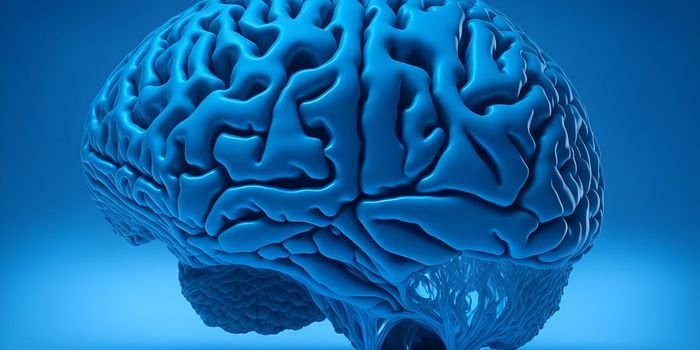Impaired Memory from Cannabis Linked to Disrupted Sleep
A recent study found that sleep difficulties linked to long-term cannabis use may affect the severity of cannabis-related memory problems. The findings could inform the use of medical cannabis. The corresponding study was published in The American Journal of Drug and Alcohol Abuse.
Around 1 in 8 adults in the US use cannabis products, with increasing numbers expected to use the substance in the future as cannabis legislation becomes more widespread.
Cannabis use has previously been linked to memory and sleep problems. How these issues may interact as a result of cannabis use, however, remains unknown. In the current study, researchers analyzed health data to assess the interrelatedness of sleep quality, cannabis use, and memory.
To do so, they analyzed data from 141 adults; around half having CUD and around half without. None of the participants had used cannabis within the previous 24 hours to avoid acute effects. Outcomes included self-reported sleep problems over the last seven days, and various measures of memory and learning.
“Our findings indicate that while there doesn’t appear to be a direct effect of long-term cannabis use on memory, the individuals with CUD who reported more problems with sleep were the ones having poorer memory outcomes,” said lead author of the study, Tracy W. Brown, a psychology doctoral student at the University of Texas at Dallas, in a press release.
“We’re discovering that cannabis’s indirect effect on cognitive outcomes is tied to how cannabis impacts the regulation of the sleep cycle," he added.
The researchers found that the impact of sleep and CUD on memory was stronger for spatial memory but had no effect on verbal memory.
“Sleep disruption from cannabis use isn’t necessarily insomnia-related or complete sleep deprivation; rather, it’s a reduction in the quality of sleep. Full sleep deprivation is when you typically see verbal memory deficits,” said Brown.
The researchers analyzed data from both Texas and the Netherlands. Although cannabis use is generally higher in the Netherlands, they noted that CUD was more common in Texas. This suggests that cultural attitudes and a lack of understanding of the drug may contribute to Americans’ willingness to increase use.
“Acute cannabis use affects many things, including sleep and working memory, and the field is undecided on whether those memory issues resolve after continued abstinence,” said Dr. Francesca Filbey, professor of psychology in the School of Behavioral and Brain Sciences at the University of Texas at Dallas, in a press release.
“When use begins in adolescence, sleep deficits are usually much more pronounced. People who become dependent on cannabis for sleep risk developing a tolerance and requiring greater doses for the same effect. People need to be aware of this," she concluded.
Sources: The University of Texas at Dallas, The American Journal of Drug and Alcohol Abuse









